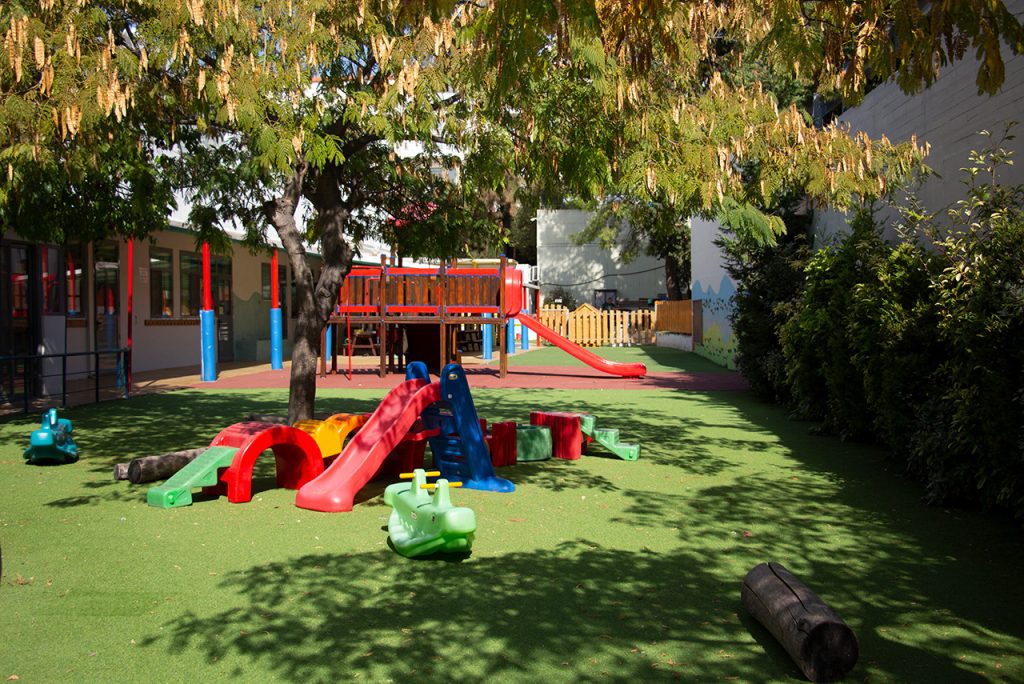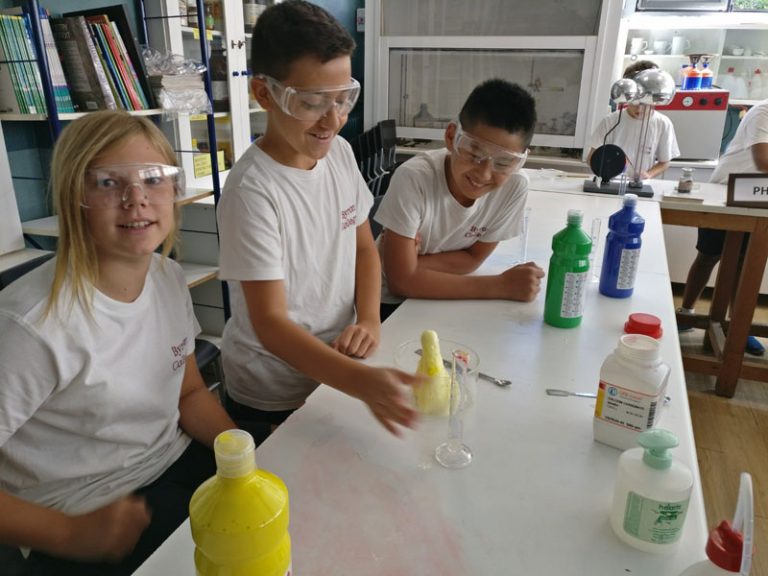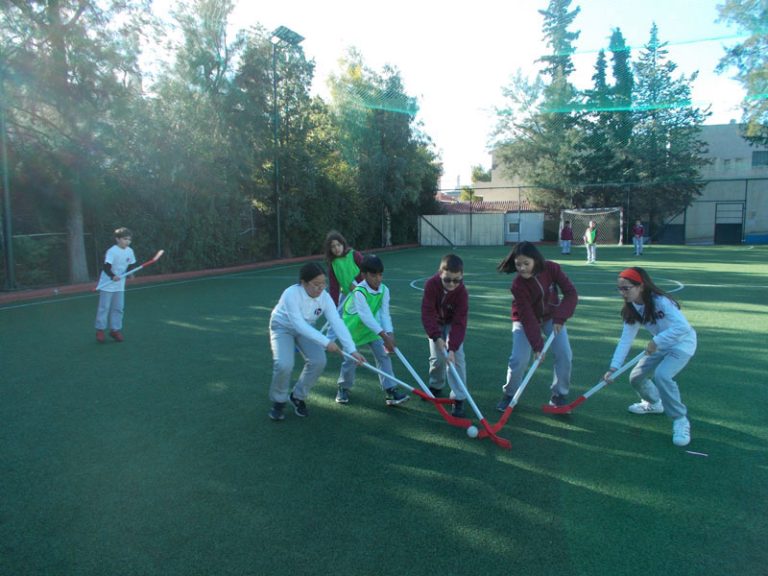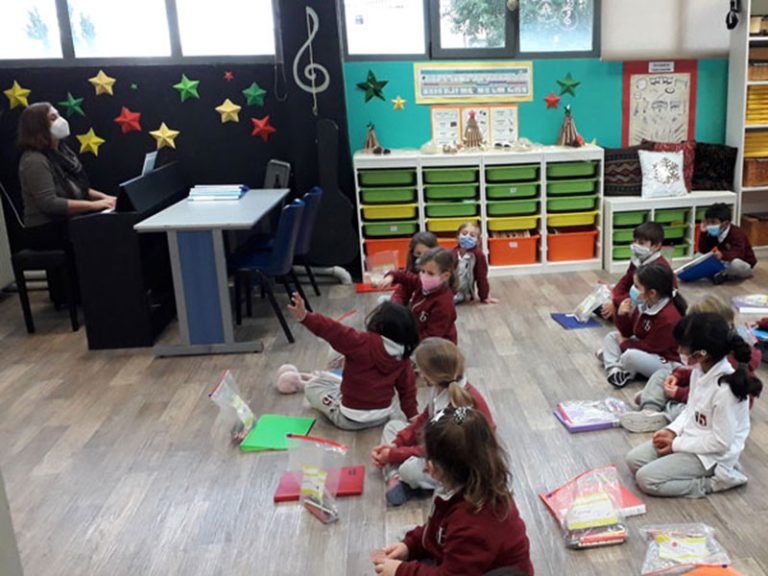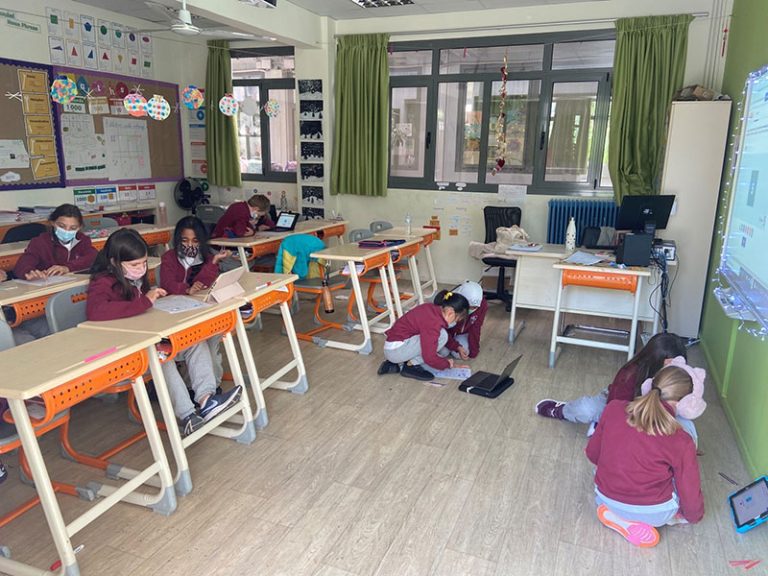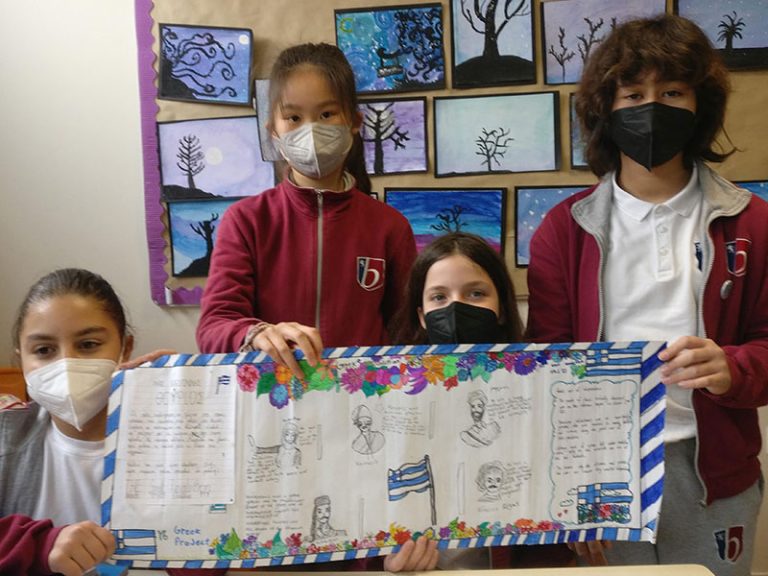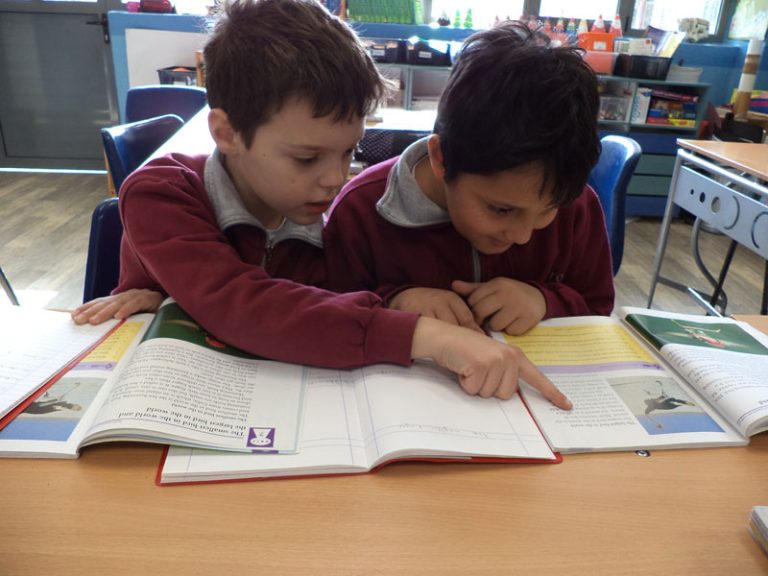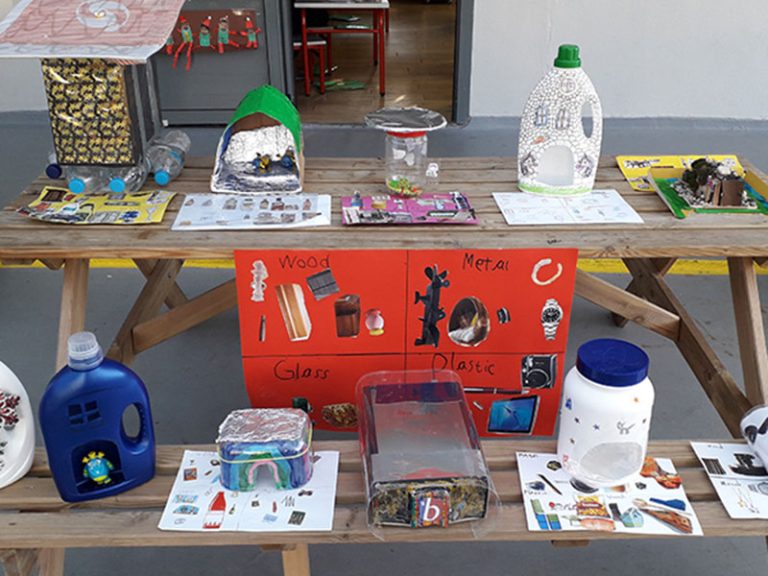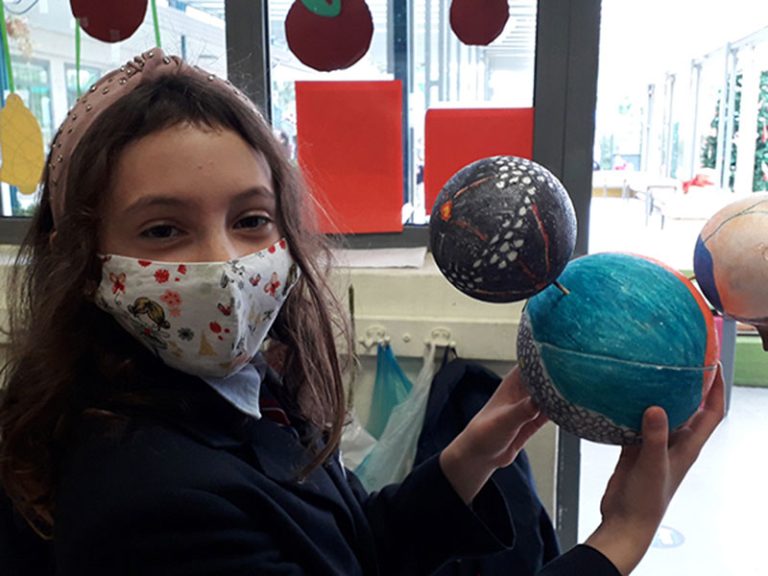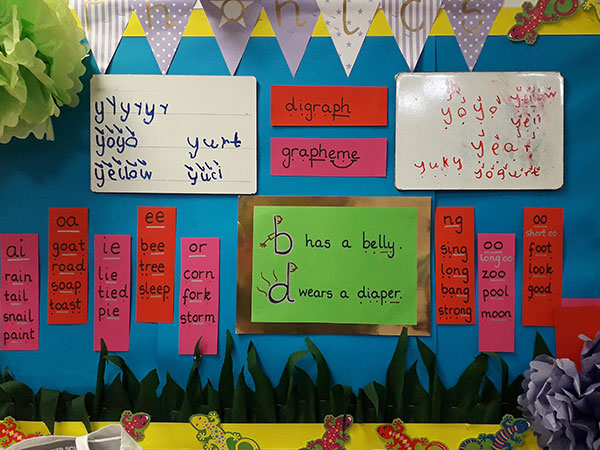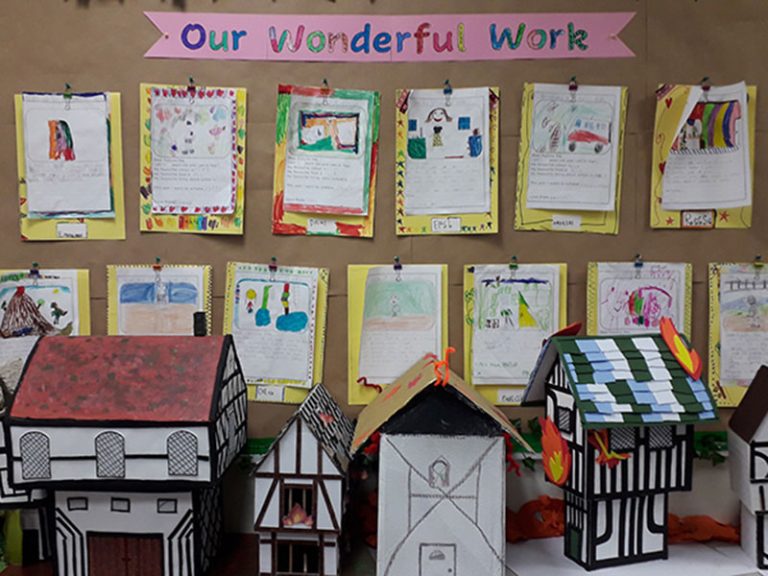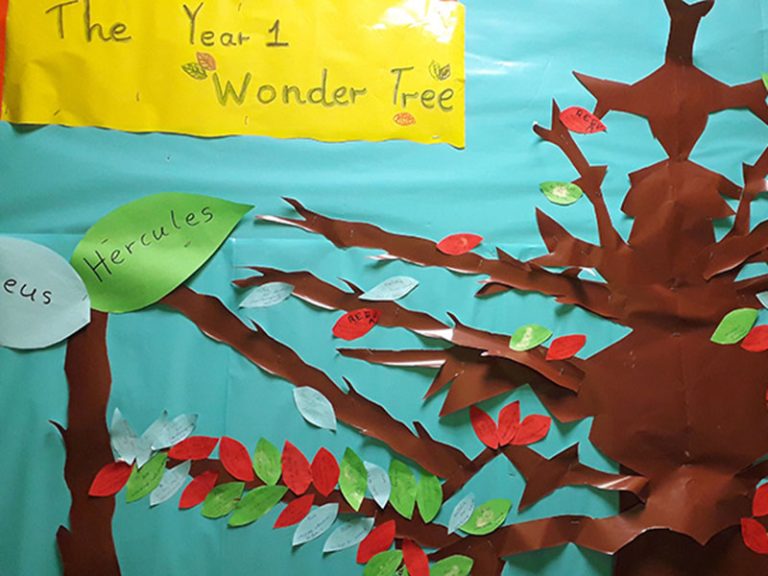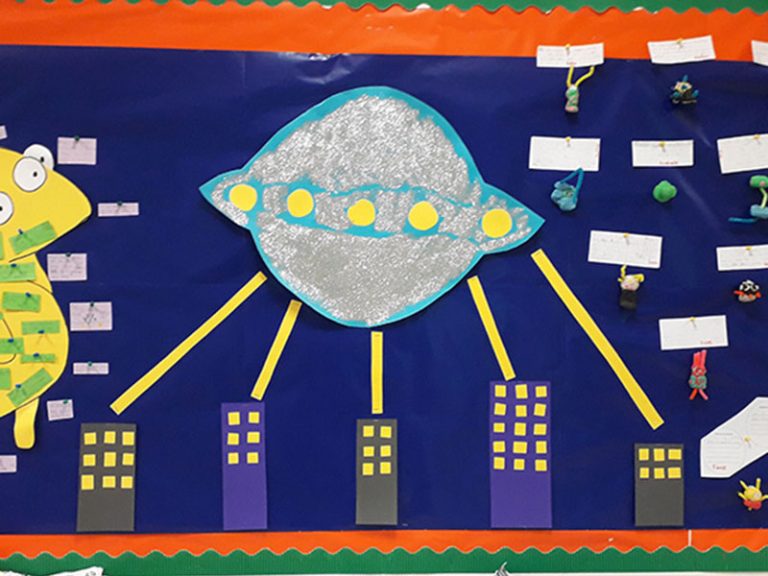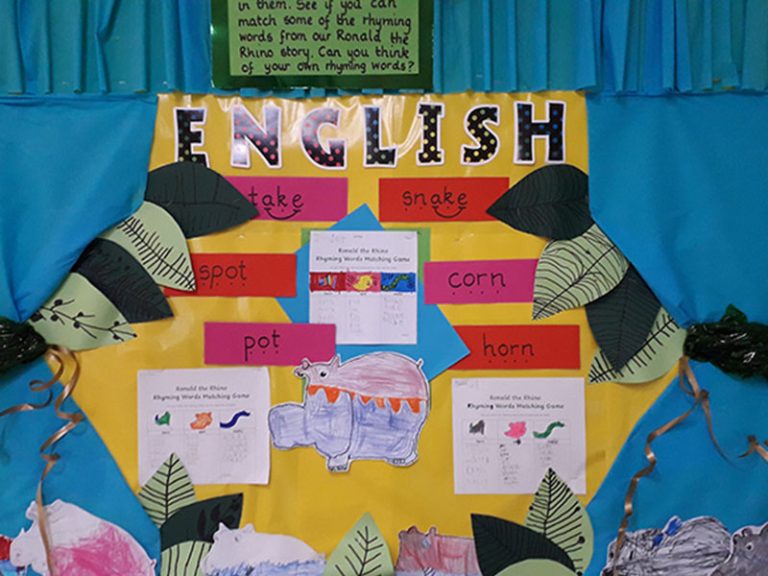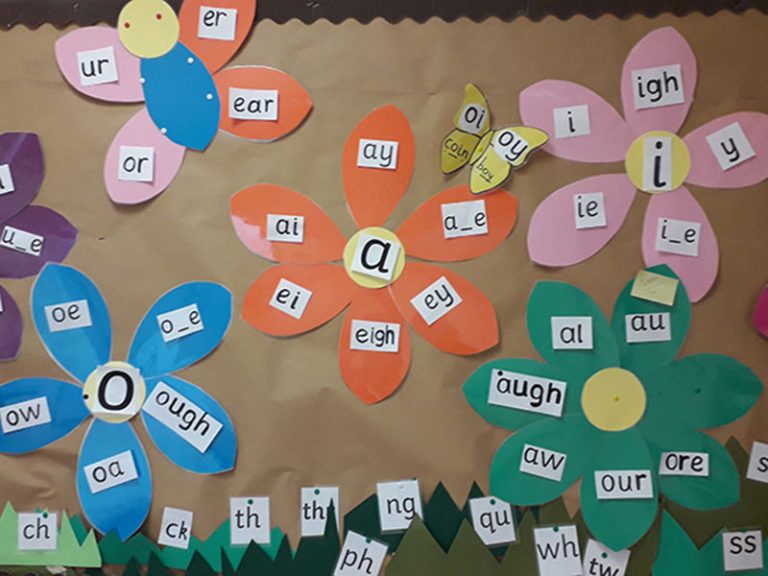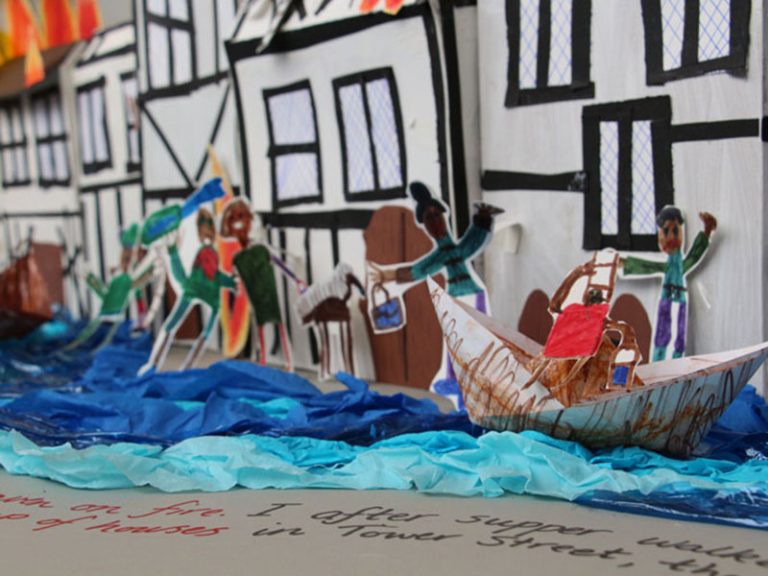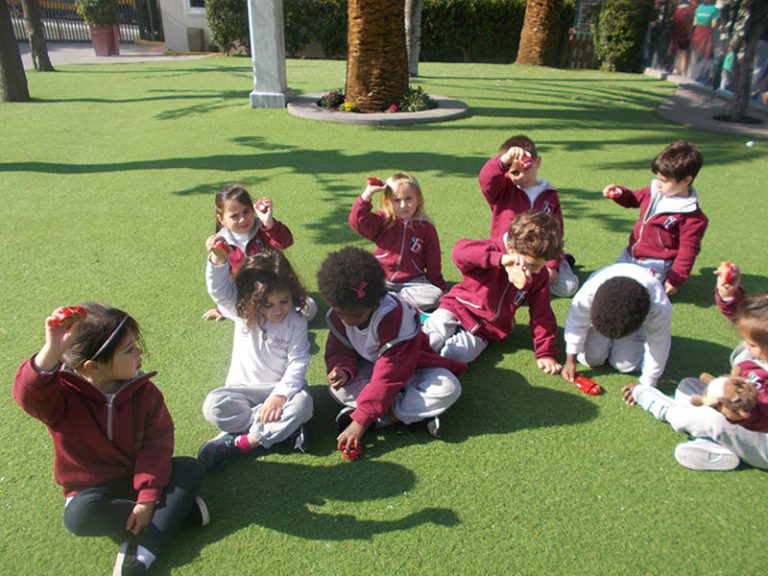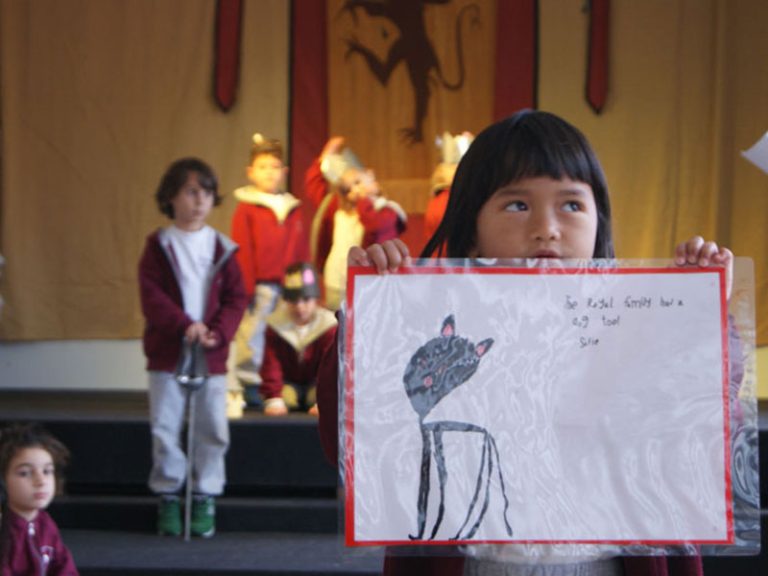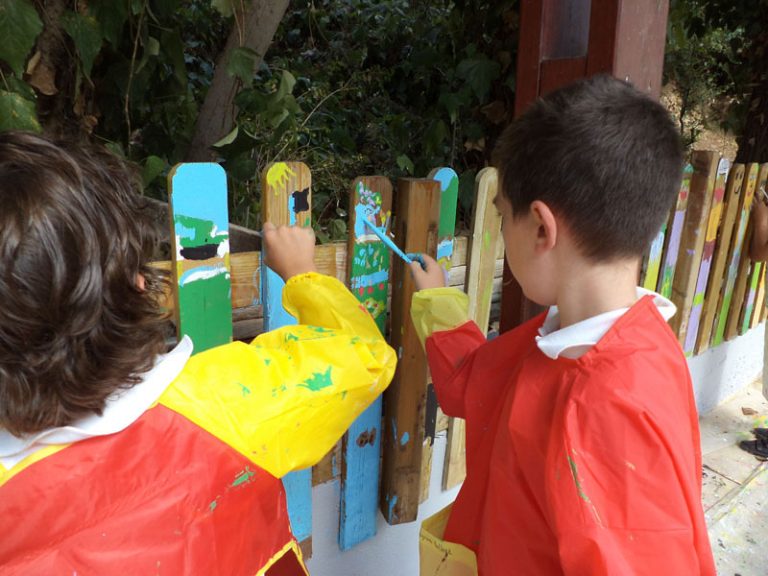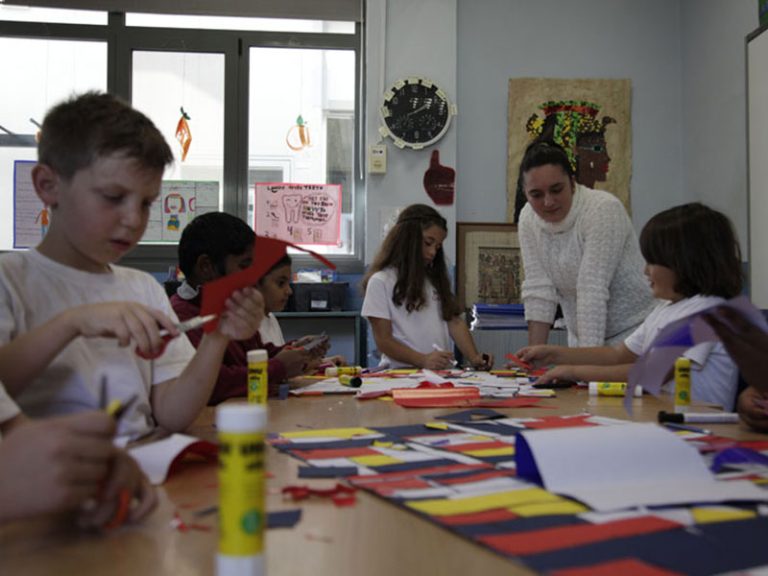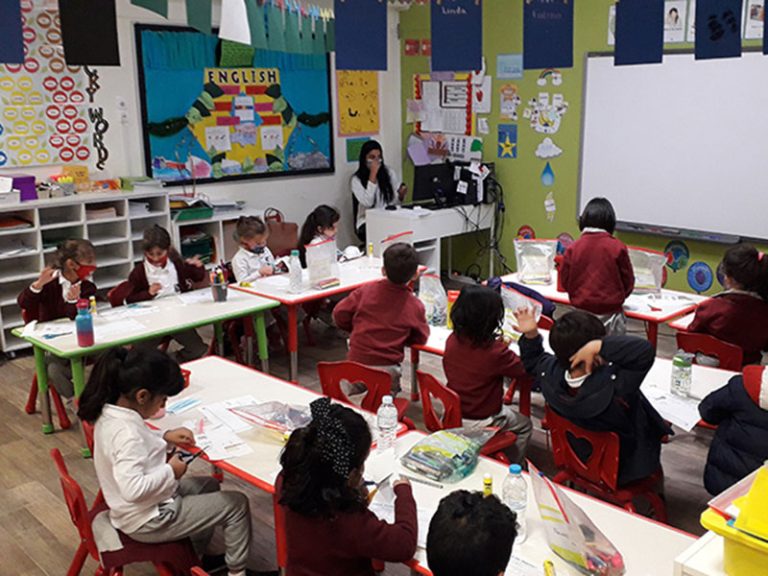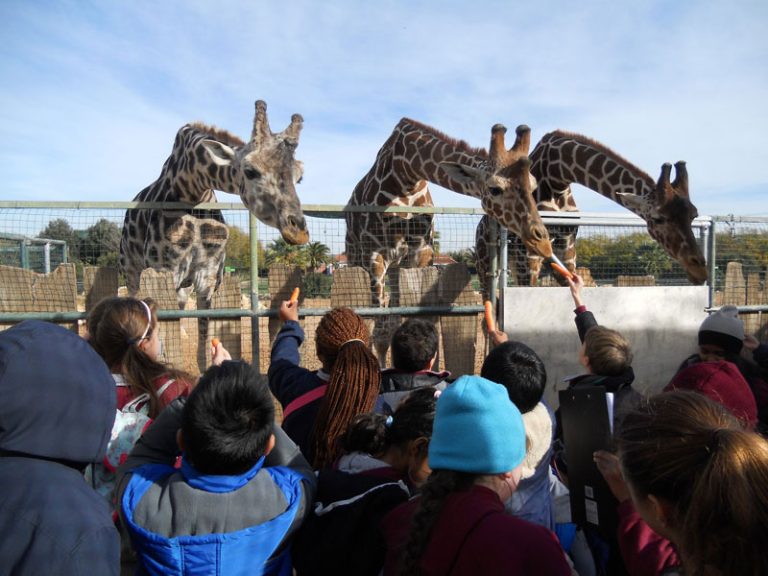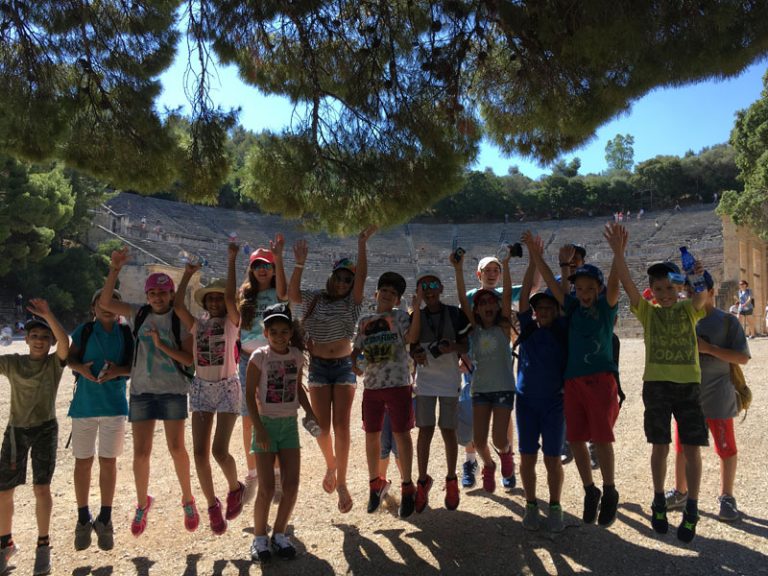Primary Curriculum Overview
At Byron College, we are dedicated to helping every child flourish in a warm, supportive environment where learning is exciting, meaningful, and fun. Guided by our CARE values—Community, Action, Respect, and Excellence—we nurture not only academic achievement but also the personal growth of each student, developing essential skills like communication, collaboration, critical thinking, and creativity.
We provide a balance between the rigour of a British-based curriculum and the enriching experiences of life in Athens, Greece. Our students benefit from a structured learning environment that fosters academic excellence, while also having the opportunity to explore the vibrant culture, history, and natural beauty of Greece through a variety of extracurricular activities and educational visits. This unique blend of academic rigour and cultural immersion prepares our students to become well-rounded, confident, and globally-minded individuals.
How it works
Students will progress through four distinct stages of learning – Engage, Develop, Innovate and Express.
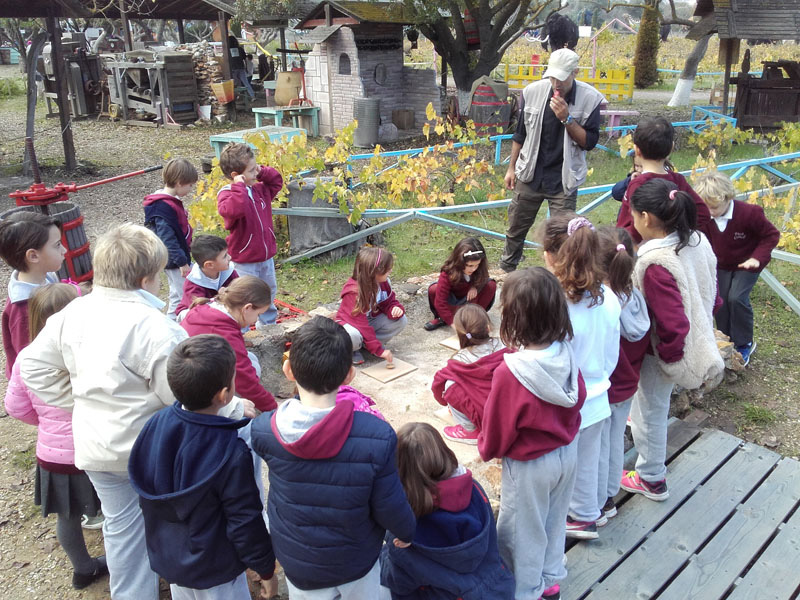
At the “Engage” Stage
Students are immersed in exciting activities that spark curiosity and enthusiasm for their new topic.
- Enjoy ‘WOW’ moments like visits or guest speakers.
- Explore ideas through enquiry questions.
- Develop observation and speaking skills.
- Take part in fun, hands-on sensory activities.
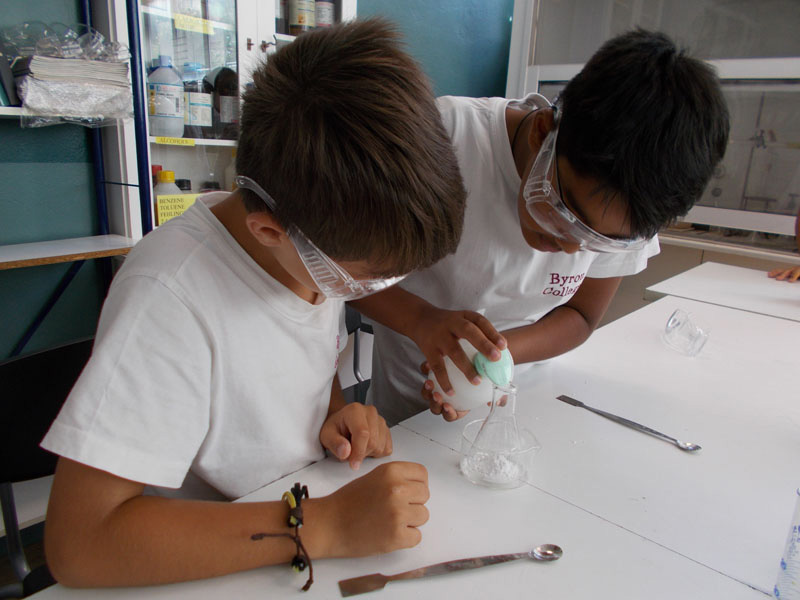
At the “Develop” Stage
Students deepen their knowledge and build new skills through hands-on learning and exploration.
- Practice and refine skills through creative tasks like building, investigating, and writing.
- Research questions, following their own interests and new ideas.
- Read and write across the curriculum for different purposes.
- Complete homework activities to reinforce their learning.
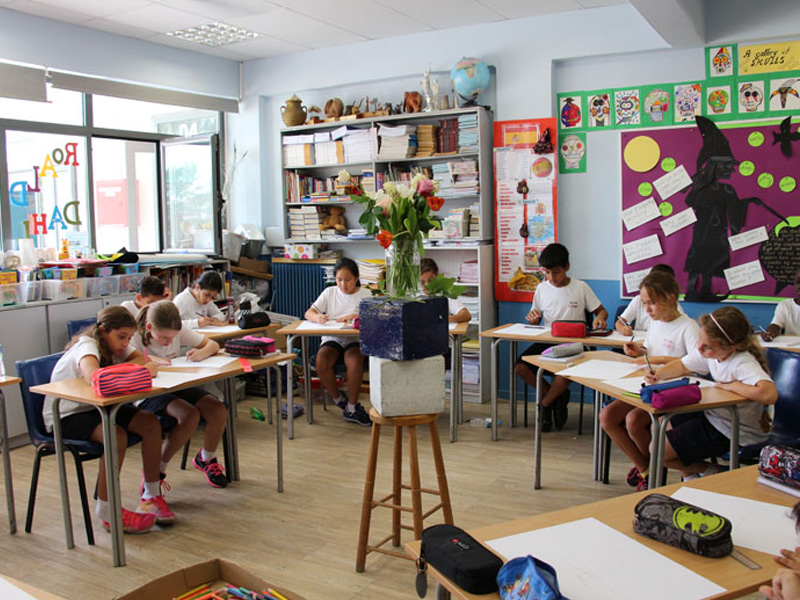
At the “Innovate” Stage
Students apply their learning creatively to solve problems and explore new ideas.
- Use skills and knowledge in real-life or imagined scenarios.
- Tackle challenges with creativity and imagination.
- Revisit and strengthen areas from the ‘Develop’ stage.
- Explore opportunities to think independently and innovatively.
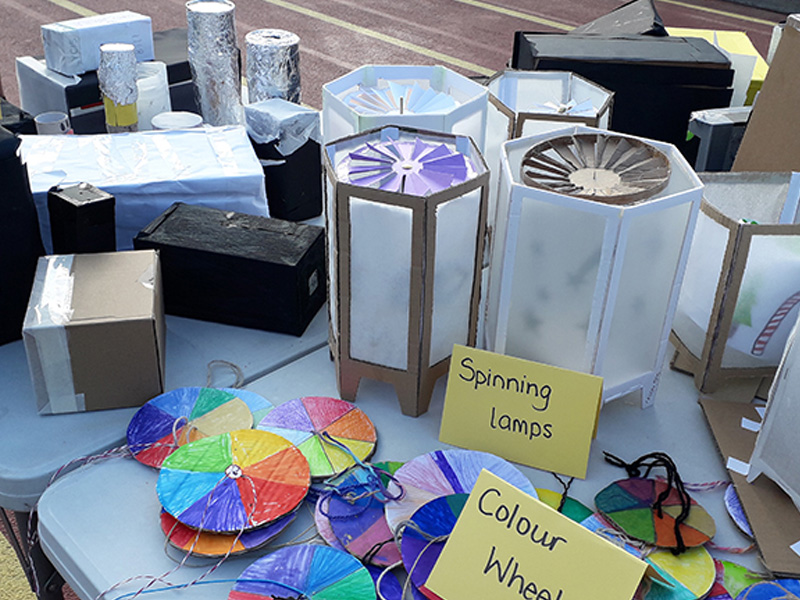
At the “Express” Stage
Students showcase their learning and celebrate their achievements.
- Take on roles as performers, experts, and informers.
- Share their work with parents, classmates, and the community.
- Reflect on their journey by evaluating their work and linking it to where they began.
- Celebrate their successes with pride!
Maths
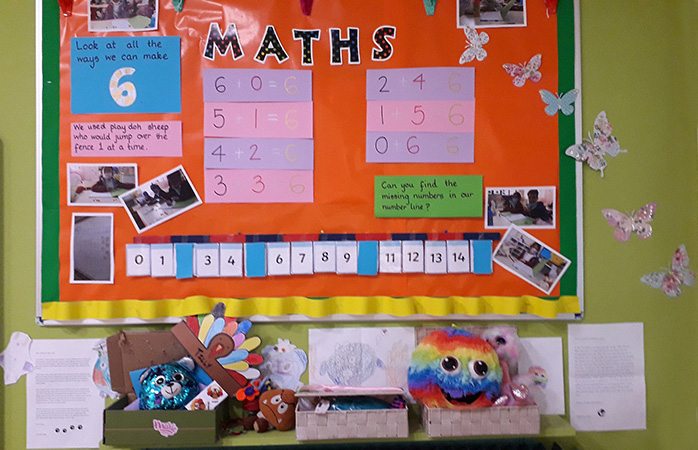
The White Rose Maths scheme seamlessly integrates with the Cornerstones Curriculum. This approach introduces new concepts through the Concrete – Pictorial – Abstract method, ensuring a clear and thorough understanding of mathematical ideas.
- Concrete: Students explore new concepts using hands-on activities with real objects. For example, sharing 12 biscuits among 6 students to understand division.
- Pictorial: Building on hands-on experiences, students use visual representations, such as diagrams or pictures, to illustrate problems.
- Abstract: Once confident, students represent problems using mathematical notation, such as 12 ÷ 2 = 6.
This step-by-step approach ensures students grasp concepts deeply and progress confidently in their mathematical learning.
White Rose Maths Scheme
Calculation Guidance
English
We take a structured approach to literacy, ensuring students build strong phonics, reading, and writing skills.
Phonics and Grammar: Phonics is taught through EYFS and Key Stage 1, with a transition from the Jolly Phonics scheme to the DfE-approved Twinkl Phonics scheme. This aligns with the Twinkl Spelling and Grammar curriculum introduced in Key Stage 2. Phonics interventions in Key Stage 2 also support our EAL programme.
Reading: EYFS and Key Stage 1 students follow the Oxford Owl scheme, transitioning to Twinkl. In Key Stage 2, students use the Accelerated Reading programme to develop comprehension and fluency.
Writing: Our writing curriculum is guided by the Talk for Writing approach, helping students progress from imitation to independent application:
- Imitation: Students create story maps using pictures, words, and actions to internalise text structures.
- Innovation: They adapt and develop the original structure collaboratively through story planning and shared writing.
- Invention: Students apply their skills independently through extended writing tasks, or ‘Big Writes.’
This cohesive approach ensures a strong foundation in literacy, fostering confidence and creativity in all aspects of language learning.
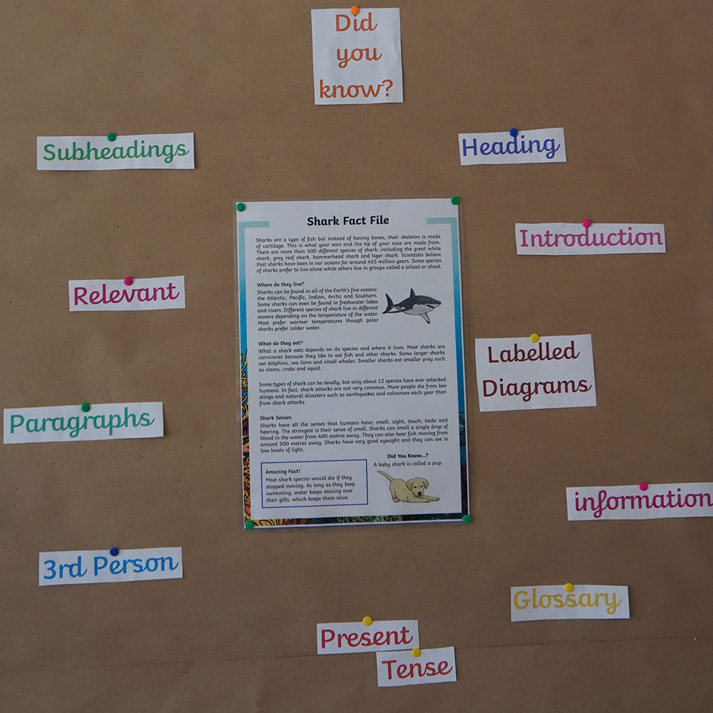
English as Additional Language (EAL)
Streaming in KS1 happens to allow for more focused and appropriate challenge for students from differing backgrounds of English. In KS2 we have a dedicated EAL teacher who provides dedicated English lesson for EAL students. Tracking assessment of progress and attainment happen through the year in EAL. Reporting and workshops for parents are in place provide strategies to support EAL at home.
Computing:
We follow the Twinkl scheme of work. However, there are several opportunities to incorporate the computing curriculum into the Cornerstones Curriculum.
PSHE:
We follow the Twinkl scheme of work, including the curriculum for Relationships Education.
Music:
We follow the National Curriculum Programme of Study from Key Stage 1 which is taught by our specialist music teacher.
PE:
We follow the National Curriculum Programme of Study. The Curriculum is taught by our PE department from EYFS all through primary.
Residential Trips
Year 5
At the end of Year 5 our students take the first big step of going on a trip which involves an overnight stay without their parents! The Ranch at Sofiko is an ideal destination being in a safe and beautiful natural environment within a few hours of Athens. During the two-day stay our students, accompanied by their class teachers, enjoy swimming, basketball, horse riding and other outdoor activities and team sports.
They experience communal eating and sleeping in small wooden cabins for the first time and learn to take responsibility and to build on developing their independent social skills.
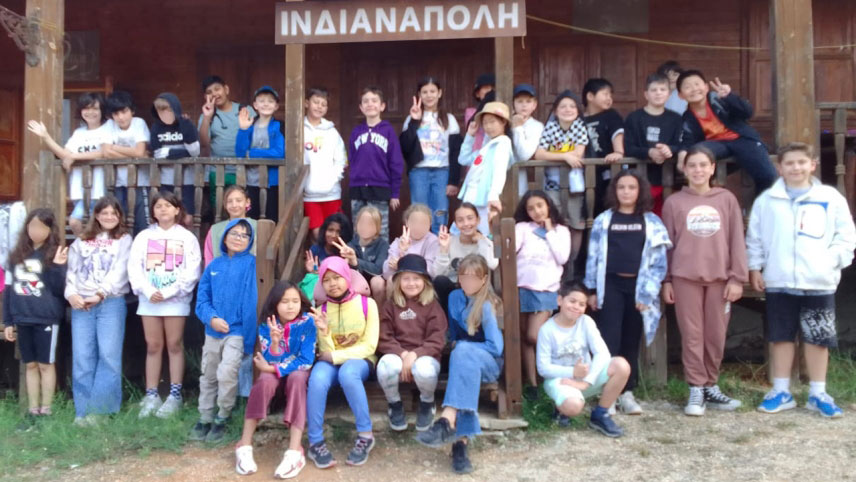
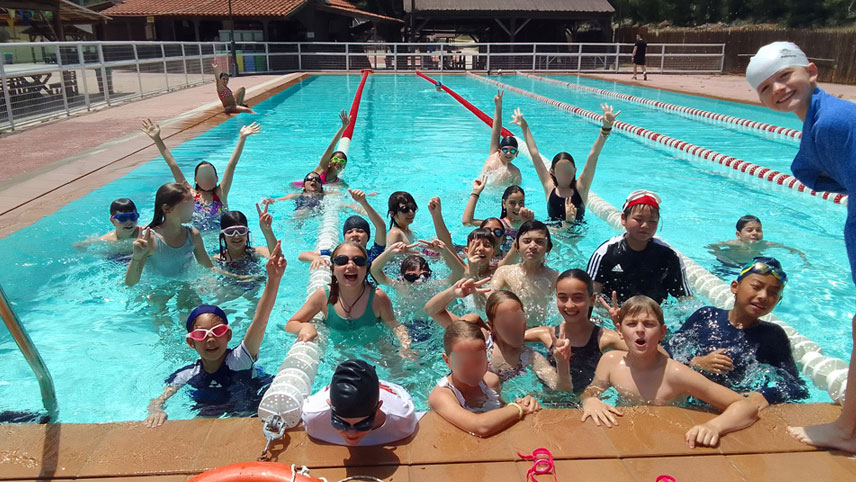
Year 6
At the end of Year 6 all students have the opportunity to experience a three- day residential trip to Nafplio accompanied by their class teachers. They spend two nights in the centre of Nafplio learning about the historical significance of the picturesque town, once the capital of Greece. Educational visits to the ancient sites of Mycenae and the Castle of Palamidi are also a highlight of the trip. The visit is closely linked to their studies on the Ancient Greek civilisation and the Greek Culture topics covered in Primary school.
The trip is also a chance for the students further cement their bonds with their peers and teachers in non-academic environment. For many, it is a chance to increase their independence skills, socialise, make their own beds and pack their bags!
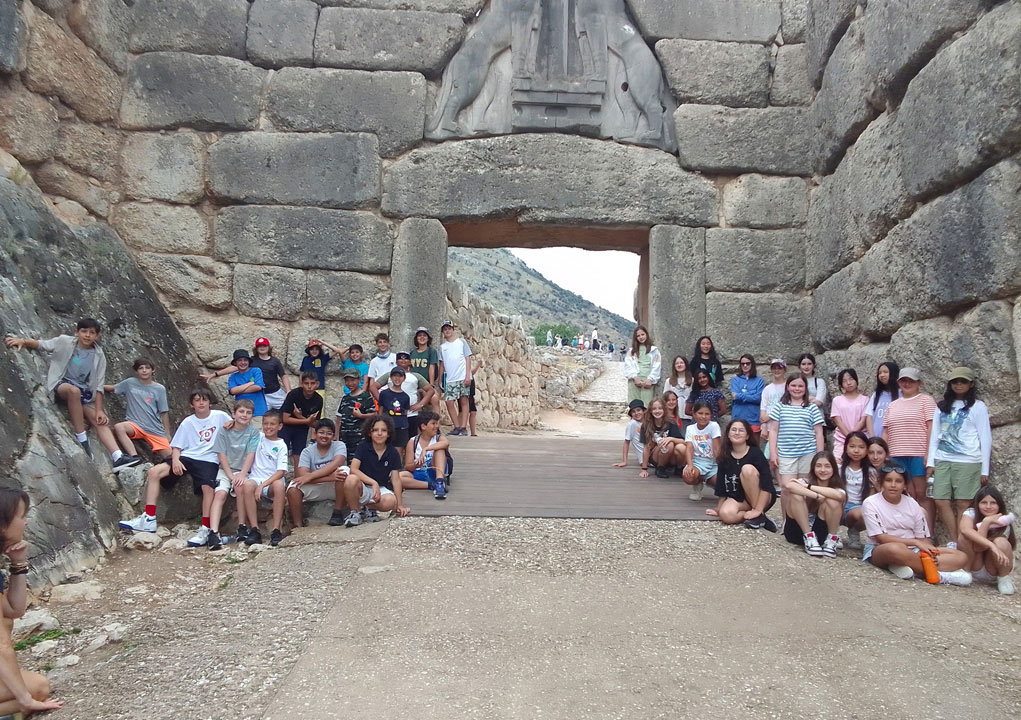
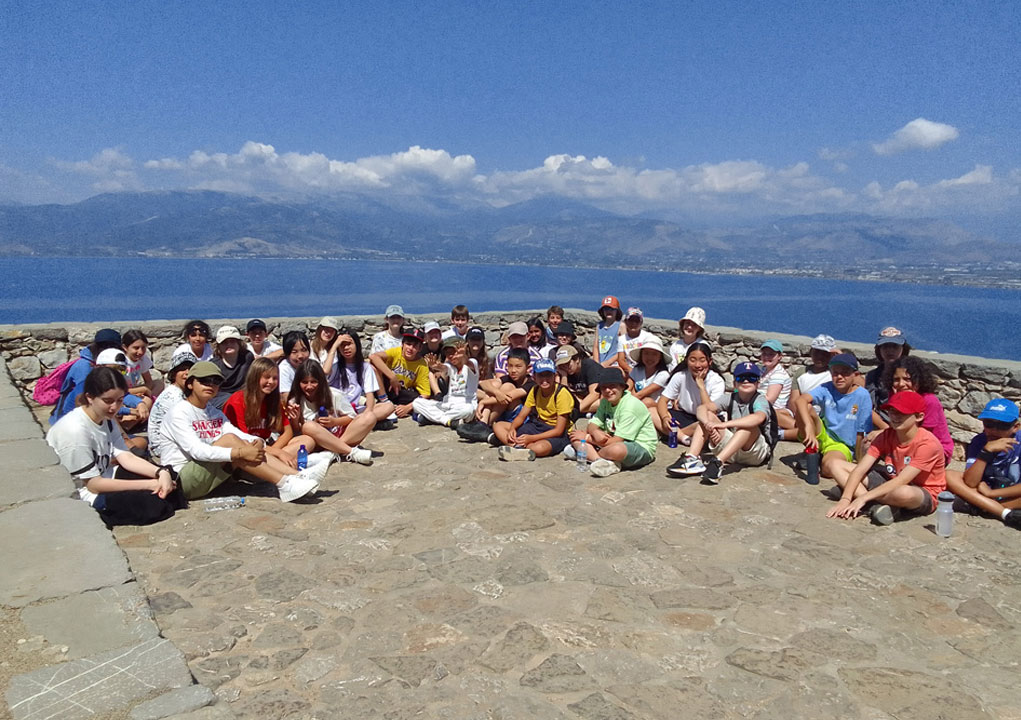
Afternoon Tea
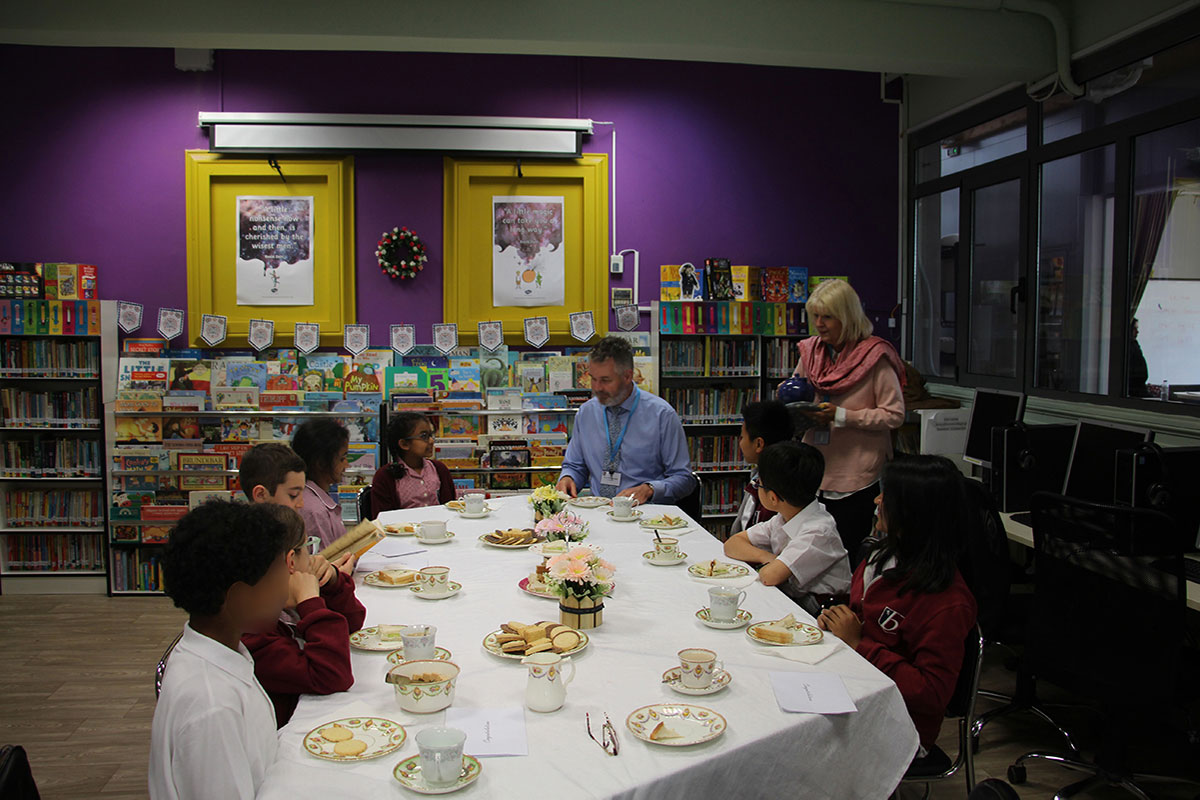
All students from Year 3 -6 receive an afternoon tea invitation at least once during the academic year. This is a very coveted invitation where the students develop their social skills in conversation with the Head Teacher and table manners. They are treated to a very British afternoon tea with cucumber and cheese sandwiches, British biscuits or scones and Earl Grey tea served in Victorian bone china cups and saucers!
